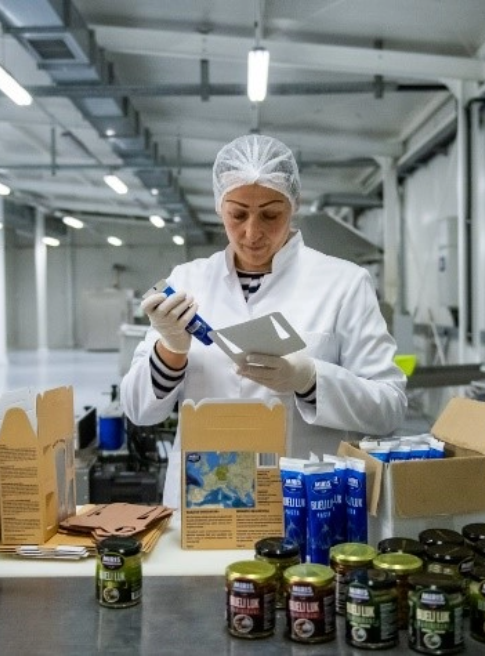
People are at the heart of every economy. Job creation and social protection and inclusion are crucial for the economic and social development of the Western Balkans.
The EU supports decent employment and addresses social needs in the region through a range of activities. These include financial and technical assistance for improving labour market policies, fighting poverty, strengthening education systems, promoting inclusion of disadvantaged groups, and fostering entrepreneurship.
Despite some progress in recent years in relation to economic growth and job creation, the Western Balkans continues to face a number of challenges. These include high unemployment rates notably amongst young people, skills mismatches, a persistent informal economy, brain drain, low female labour market participation, and low levels of innovation. The COVID-19 crisis exacerbated many of these challenges, in particular for vulnerable groups.
Education and training systems in the Western Balkans need to modernise to address persistent youth unemployment, close the skills gap, and harness all the talent in the region.


As neighbours and aspiring EU members, addressing employment and societal challenges in the Western Balkans is a priority for the EU. The EU is behind numerous initiatives in the region that aim to increase job opportunities and support social inclusion. This includes funding for programmes and projects designed to enhance skills and access to quality jobs, and tackle discrimination in the labour market and wider society.
Over many years, the EU has provided dedicated support for the SME sector – which represents 99% of all enterprises and 73% of total private sector employment in the Western Balkans – notably for entrepreneurs with limited opportunities, such as women, young people and Roma.
The EU works to strengthen the inclusion of Roma, people living in poverty, people with disabilities, and other disadvantaged groups by supporting projects that increase their integration in key sectors: housing, employment, education, and healthcare. Over €80 million from the EU budget has been allocated to support Roma integration in the Western Balkans since 2014.
Ongoing support
And this is set to continue. Promoting employment opportunities and social inclusion is at the heart of the EU’s Economic and Investment Plan for the Western Balkans (EIP). Adopted in 2020, the EIP is providing a major stimulus to the region with €9 billion in EU grants and guarantees that are set to leverage €20 billion in favourable loans.
This will be the vehicle for turning ambition into action – with extensive investment planned for improving job opportunities for young people, disadvantaged groups and minorities.
Support will centre on:
Youth Guarantee – Putting in place a Youth Guarantee scheme in line with the tried and tested EU Youth Guarantee. This will help Western Balkans governments ensure that all young people in the region have a chance to work, continue education or undertake an apprenticeship or traineeship within four months of becoming unemployed or leaving formal education.
Employment and welfare reforms – Advancing labour market and social reforms and developing active inclusion strategies. The aim is to help the region align more closely with EU standards and values, and reduce the human development gap with the EU.
Inclusive labour market participation – Improving participation, especially of young people and women, disadvantaged groups and minorities, in particular Roma, is a priority and will strongly contribute to economic growth.
Please wait while your video is being uploaded...
Don't close this window!